Note to art bloggers: If you think mainstream journalists and art critics who have lost their jobs are going to jump in and embrace blogging, think again. When Jen Bekman, Olympia Lambert, and a few other bloggers (including myself) suggested to a prominent art critic that he should start a blog and take his popular Facebook discussions to the streets, he insisted he couldn’t. Here are the five reasons the critic gave why he can’t start a blog.
1. Meeting one weekly deadline gives him enough anxiety.
2. Good blogs require daily updating and constant tending, and he thinks he wouldn’t be able to keep up.
3. A self-proclaimed “techo-caveman,” the critic says he has no idea how to do anything except type in his Status Bar and to go to “His Name.”
4. He thinks he has more control over the audience on Facebook because he can de-friend the wingnuts. On blogs, commenters aren’t required to sign their names and when they do, there’s no guarantee that they are, in fact, who they say they are. Being a regular reviewer, he’s made plenty of enemies over the years and is afraid he’ll be harassed.
5. The critic doesn’t know how to use a digital camera, doesn’t want to learn, and thinks blogs without pictures are boring. (Note to self: Include more images on Two Coats of Paint.)
UPDATE: The critic responded via the Wall on my Facebook page. Here’s what he posted:
“Thanks for posting my thoughts on blogs. You left [out] one of my entries on blogs. I tried to post it in your comments but couldn’t figure out how to post a comment (!):
I love reading blogs but I find them more Royalist than democratic; they center around 1 NAMED PERSON & a hive of unnamed others. The reason I like FB is that we all have to be more VULNERABLE. That is the key element.
On blogs I’m often attacked; no problem; bring it on. I sometimes hate my own work too. But no one signs their own name. Often it is the same person writing under different names, an artist who feels slighted by me, or an artist who I have given a bad review to, or the friend of an artist who I gave a bad review to, an artist who feels ignored by me, a dealer cross about getting a bad review or no review. That is the reason that unsigned entries provide no resonance for my work, no true sounding. Again, it lacks the crucial element for me: Radical Vulnerability.

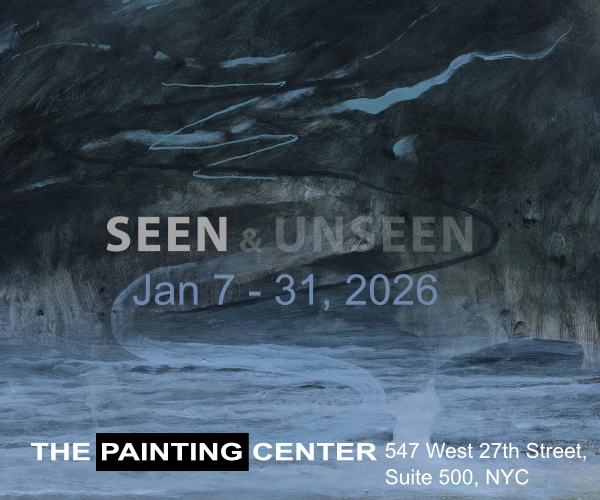
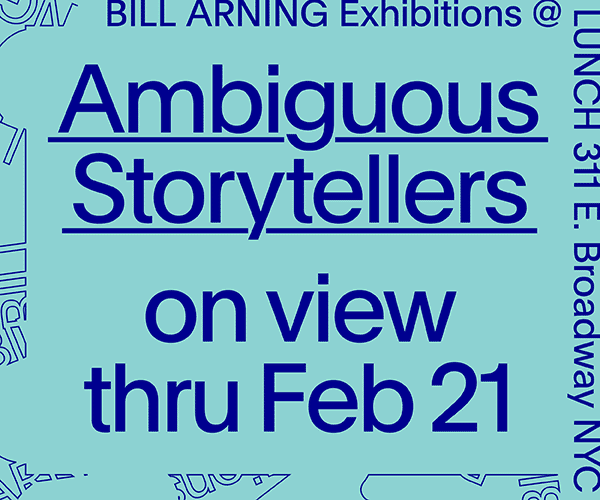

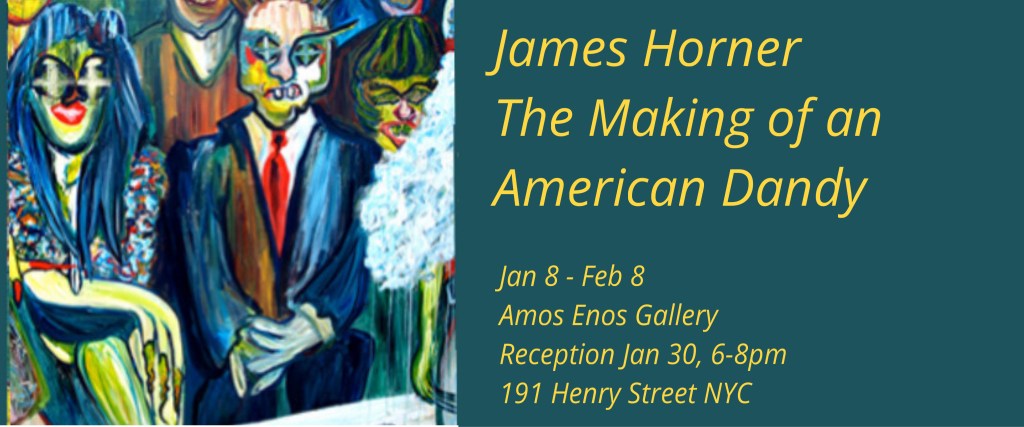
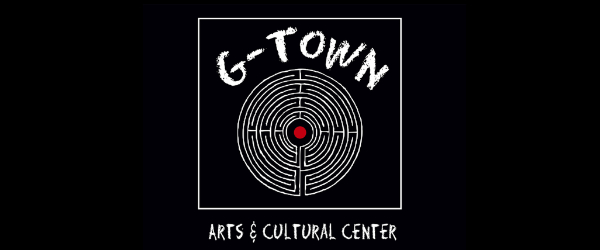
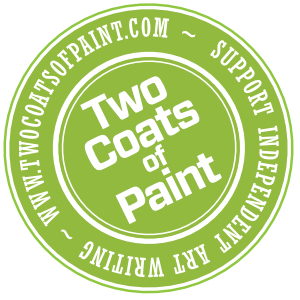
















did he say this on his facebook?
Yeah, in a comment thread. Many of readers were also opposed to a blog–they like the ease of using Facebook and don’t want to get involved with blogs, although a few felt a blog would be better for archival purposes.
–Sharon
A) I’m crushed.
B) What a control freak.
C) Why do I doubt his sincerity?
be careful sharon… quoting from his facebook and/or being critical of something he might say is cause for defriending.
http://anaba.blogspot.com/2009/01/jerry-saltz-on-marlene-dumas-at-moma.html
seriously! what a baby.
I’m more interested in the mindset of the old school critics (they read blogs but would never consider writing one) than the actual critic involved, so I took the name out. That should eliminate privacy issues, too.
–Sharon
I’m just amazed at the amount of techno phobia he continues to spout. It’s a strange mindset– acting like we’re (bloggers) so advanced, when truthfully the only things we really know how to do are type and press a button, and do the occassional descriptivewordshere. Sigh…
Also, very few of the bloggers do 2-3 posts per day except Paddy.
There was a certain conversation I had recently with someone that brought up a great blog address that should be reserved for Jerry…
ahem… cough…
http://jerrysaltzsmidlifecrisis.blogspot.com
I don’t have the courage to do it, but it was a hilarious title, given the level of his FB addiction.
a) facebook isn't public, which is kind of uncool.
b) i worked at a newspaper before the age of the internet and part of my job was dealing with crackheads who would call to tell me that the CIA had implanted a chip in their brain or that they thought i was a total moron. i think that part of the deal in having a public forum for your thoughts is that you have to contend with the freaks and the haters.
c) ok, so he can't take pictures. hello: intern. that's why god invented underemployed grad students.
no disrespect to the saltz-master, who i read religiously and who often makes me LOL. but if you're gonna ask people to diffuse your no women @ moma meme to the world, the least you can do is have the conversation in a public setting.
now i'm off to find pisco sour and ceviche…
over and out,
c.
P.S.: in a nod to vulnerability: C-Mon is Carolina A. Miranda, writer, blogga, chronicler of ridiculosity. Born of South American parents in Casper, Wyoming, a figure renowned for her big hair and poor table manners.
I find it hard to agree that anyone “should” start a blog–for the most part, people should do what they want. I stand firm regarding the principle of freedom of individual choice of internet platform. That said, I find C-Monster’s (a), (b), and (c) far more convincing than any argument in favor of “radical vulnerability.” Obviously anonymity can be abused, but I’d rather have it as an option than a conversation from which those of us who might be at some actual vulnerability of, say, losing jobs would be barred. It’s always struck me that it’s the relatively in- or non-vulnerable who advocate against anonymous comments. Why not trust readers to be able to sort out the dross? That seems like a radical notion to me.
I’d go on, but aside from the Facebook angle, this discussion is so 2004. And I don’t do Facebook–I worry about my radical vulnerability to friend requests from people I last saw in high school. Now that’s some scary stuff.
I don’t do Facebook because the whole ‘I-vote-to-be-a-friend’ deal is so sycophantic.
Those aren’t ‘friends’ – their followers, at best.
Beware the herd pretending to be ‘friends’.
i like facebook but try to restrict it to mostly people i feel are really friends (even if we have not actually met). i added saltz because i had read on someone's blog that he had written something about marlene dumas and i wanted to read it… i quoted from it on my blog and was quickly defriended.
i guess you can read his facebook criticism as long as you do not disagree publicly? what does this say?
he is one of nyc's top art critics and is writing about art on the internet for 4000+ people… i don't recall that his page had much (if any) personal information, it's a professional endeavor.
and now if you are someone that has been defriended you are labeled above as a "wingnut". CAP is right… he is encouraging pandering and punishing dissent, which would lead one to conclude that he conversely rewards obsequiousness. i'm pretty disgusted with him. seems like more of a politician than an art critic.
(about the ongoing gender disparity, he is right of course… but that is a very popular issue. where is he on black artists? oh right, nobody cares)
I wouldn't blame Jerry for Facebook's setup.
It's Facebook's conditions of 'friendship' that irk me.
But Jerry prefers that to a more public blog (and the conditions of regular posting on blogs are really self-imposed – many bloggers write irregularly, if not infrequently) so the choice does say something about him as well.
But he's a lively and popular critic, and I'm happy with just reading his press criticism.
Blogging is really for the two-way, interactive experience. One writes and the reader has the chance of reply – it's the dialogue, direct, or indirect through links to other blogs, that really propels criticism or discussion of art there.
I get the impression Jerry would prefer to talk than listen/read. And you can see this split in blogging as well, between those that maintain blogs and those that read or comment on them.
You don't see Ed Winkleman or Tyler Green, for example, commenting around on too many others' blogs. There's definitely a readers versus writers split. Although on some of the art magazine blogs and online articles,(for say Art Review.com and Frieze) the authors do occasionally respond to comment – which is great!
Oh – and on the update:
This thing about commenters using tags is often used to dismiss criticism in blogs. It comes up all the time. There was one memorable post on PaintersNYC, when a London Guardian critic praised the blog in 07, but I won't link to it here.
My attitude has always been YOU DON'T HAVE TO KNOW WHO IS SAYING IT TO KNOW WHAT HAS BEEN SAID.
I say read what is written. If the writer doesn't care to put a real name to it, that doesn't change what has been said. This is actually the most radical part of blogging because it asks participants to pay very close attention to the discourse, and to propel discussion accordingly. It's actually this aspect that people often mis-identify as 'democratic' – the setting aside of names or positions, to consider arguments strictly on terms presented.
It is refreshing, but obviously for some more comfortable with established respect and a modicum of cordiality, it can seem a little harsh. Welcome to Cyber Street.
'Trust the teller before the tale'? I say read it first, and then decide whether you want to trust the teller
Of course there are always those that play with in-jokes and references for an inner circle. But these are just modest, not to say tedious blogs. Whether we 'really' know who uses which tags, or are teased by the mystery, is best answered by further dialogue with them!